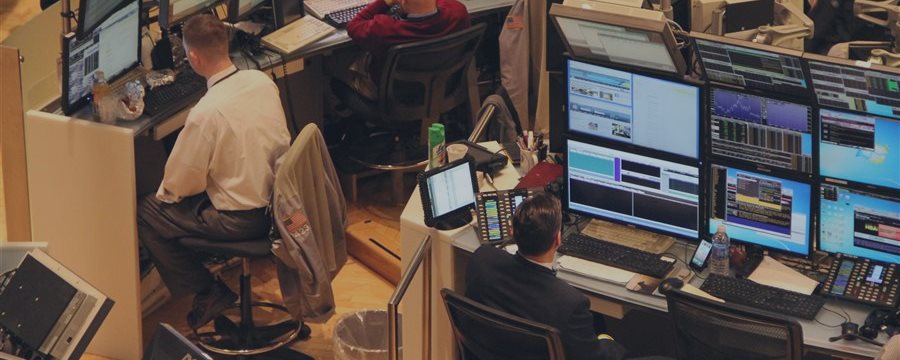- A Book brokers may technically be trading against their clients in that they are taking the opposite side of the trade, but they generally are taking a risk neutral approach to the market and are looking to immediately offset the trade. So they are not trading against their client in spirit, only in technicality.
- B Book brokers will choose what positions of their clients they wish to offset. As such, they are willing to take a directional position in the market, and thus may be trading against their clients in a more material way. For instance, suppose the B Book broker wants to take a long Euro position in the market. To do this, they may not offset the short Euro trades their clients have put on; rather, they will simply take the other side of these trades.
You can ask your broker directly about their dealing desk policy. This is largely because they feel uncomfortable about admitting their status as the counterparty to your trade, and because they generally do not educate their staff in the nuances of how they operate and make money.



